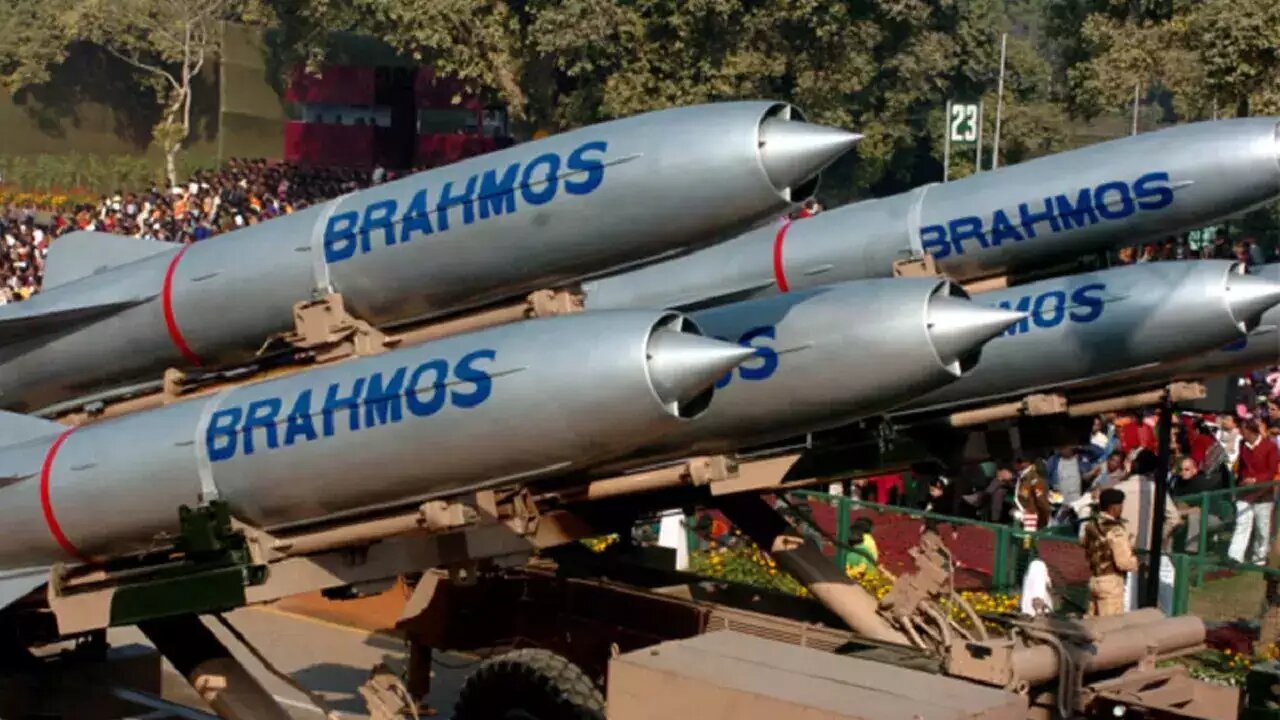BrahMos Aerospace, an Indian defence company looking to grow its footprint in Southeast Asia, aims to finalise a deal this year to sell Indonesia supersonic cruise missiles valued at least US$200 million.
As part of Indian Prime Minister Narendra Modi’s ambitious aim to increase defence exports, BrahMos, a joint venture between India and Russia, closed its first international contract last year with the sale of shore-based anti-ship missiles to the Philippines for US$375 million.
Details on the magnitude and timetable of a potential deal have not yet been disclosed by the business, which has been in protracted negotiations with Indonesia.
Atul D. Rane, the CEO of BrahMos Aerospace, stated that the company was in early negotiations with Jakarta about a deal worth $200 million to 350 million dollars, under which it had promised to provide shore-based missiles and a variant that could be placed aboard warships.
Rane stated, “I have a team right now in Jakarta,” and added that a deal might be finalised by the end of the year. The Indonesian armed forces are quite curious.
A spokesman for Indonesian Defense Minister Prabowo Subianto on Wednesday declined to make an immediate statement and stated that he wanted to confirm the facts first.
The Philippines, where BrahMos’ missiles are anticipated to be delivered to the Philippine Marine Corps beginning at the end of 2023, is also where the company hopes to secure a follow-on contract for roughly $300 million.
Rane added of the 2022 sale, “The Philippines themselves have sort of hinted to us that this is simply an icebreaker. They are examining more systems,
Requests for comment from a representative of the Philippine Department of National Defence were not immediately answered.
According to information from the defence intelligence firm Janes, the Philippines and Indonesia have increased their spending on the acquisition of weapons and other military hardware in reaction to a growing Chinese naval presence in the South China Sea and some adjacent areas.
The data reveals that the Philippines experienced an increase of 29% in 2021 and 40% in 2022, which is significantly more than the average in Southeast Asia. Indonesia’s expenditure in the procurement of new weaponry increased by roughly 28% in 2021 and by 69% in 2022.
“Territorial disputes with China have been a big concern for most Southeast Asian countries, driving their defence spending to meet their security requirements,” said Akash Pratim Debbarma, an aerospace and defence analyst at GlobalData.
However, India, the largest importer of defence goods in the world, and BrahMos are making an effort to gain ground. Traditional suppliers for Southeast Asia’s new military purchases include the United States, France, and Russia.
Both the governments of Russia and India have given Rane and his company permission to market to every nation in Southeast Asia.
In 1998, the state-run Defence Research and Development Organization of India and Russian NPO Mashinostroyenia formed the joint company known as BrahMos through an intergovernmental agreement.
The sanctions imposed by the West on Russia for its invasion of Ukraine have not affected BrahMos production or planning
The ratio of local contribution has increased from 15% at the beginning of the project to over 70% now, even though BrahMos missiles still rely on Russian components and raw materials.
